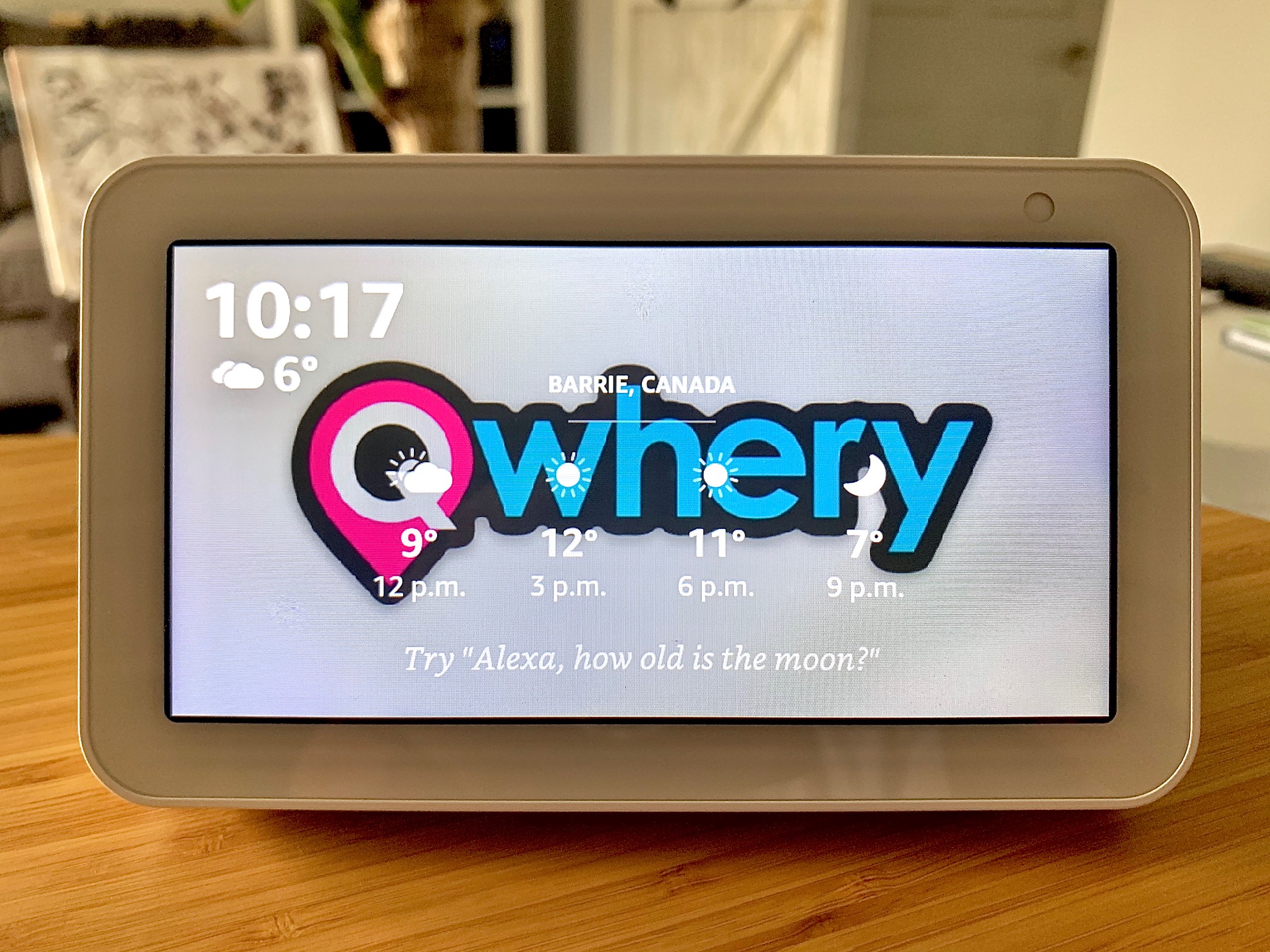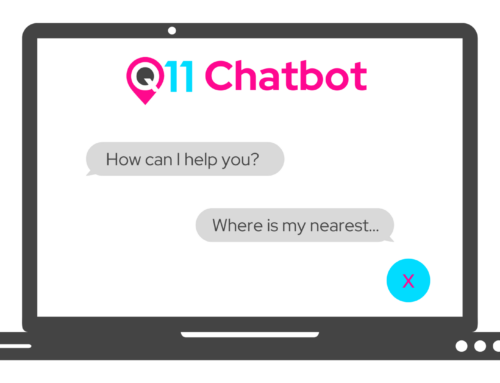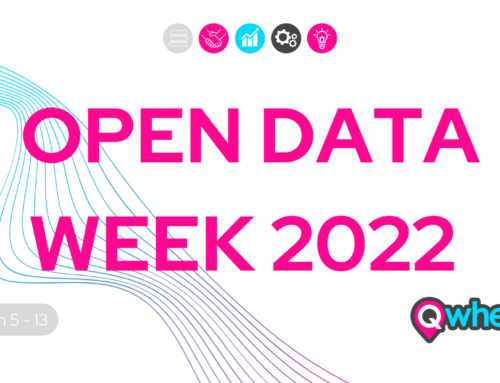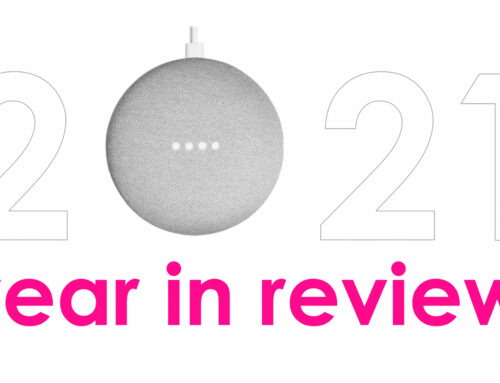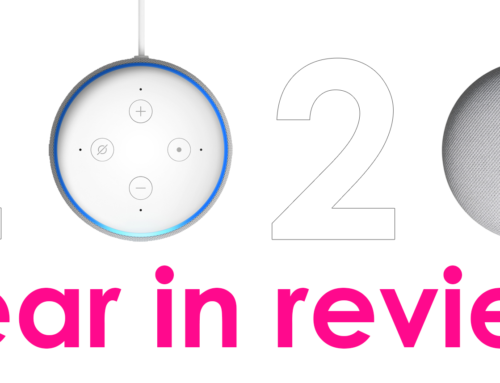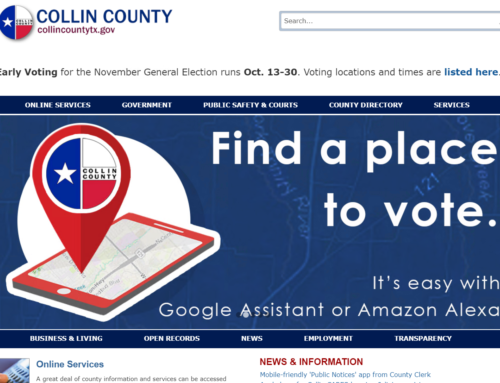With the vast array of information at our fingertips today, people expect near-instant answers to their questions to local government. Even basic, everyday inquiries become all the more urgent in times of crisis, and to an extreme, the Covid-19 pandemic has highlighted the key responsibility that municipalities have to keep residents informed in a timely manner.
Over the years, cities have moved to fill in gaps on their end by creating open data collections. Enormous amounts of information are categorized and made available for public use through online tools such as parks locators, City Councillor lookups, community events and meetings calendars, zoning maps, and far more. Even so, people often struggle to efficiently find what they need, when it’s needed. Why is this?
A great example of how open data can be used by anyone to benefit everyone. ~ Ryan Nolan, Director of I.T., City of Barrie
Municipal websites and web mapping portals, while useful, can often feel like specialized technology built for power users with thorough knowledge of the municipal system, not for the average resident checking in a few times a month with a specific question in mind. Layers upon layers of headings, hyperlinks, and embedded map overlays aim to guide inquisitive visitors, but end up obscuring the object of their search instead. The majority of a user’s time can easily be spent learning to use a tool rather than finding an answer.
On the other hand, municipal 311 systems provide direct answers upon request. In theory, they’re faster, more reliable, and more effective overall than the alternate journey down an online rabbithole—but when faced with the realities of limited government resources and growing populations, the customer experience can fall short. Understaffed call centres are common, leaving residents frustrated by long wait times. In response, some municipalities have turned to solutions such as call automation, but the endless steps of an automated call can be just as impersonal and inefficient as a broad website.
Ultimately, citizens should be able to interact with city services in a way that’s natural, accessible, and timely, and cities must develop modern systems centered around resident needs. This is where Q11 and voice tech step in.
How Can Q11 Help?
Q11 by Qwhery is a feature for voice assistants, such as Amazon Alexa, which lets anyone ask questions and instantly get authoritative answers back from their city, whenever and wherever they need them.
A generic voice search for city-specific information often yields unverified, irrelevant, or outdated responses. As Q11 connects directly to cities’ open data portals, it has the specificity, accuracy, and simplicity of a traditional 311 system, without the necessity of dialing in and waiting on hold for basic requests. On the government end, it’s a scalable, cost-effective way to ease everyday stress on public information systems without compromising service.
The use of voice directives also makes inquiries natural and intuitive. Simple commands, fast answers. This leveraging of smart home technologies, open data, and virtual assistants makes it easier than ever for residents to engage and communicate with their local communities.
Early Adoption
One of Q11’s early adopters is the City of Barrie. As of right now, Barrie residents with Alexa-enabled devices can use the Q11 Alexa skill to get information on nearby parks and amenities, waste collection schedules, community events, City Councillors and wards, and property zoning, with many more features coming soon and launching on Google Home in the upcoming months. Ryan Nolan, Director of I.T. at the City of Barrie shares, “Q11 by Qwhery, is a great example of how open data can be used by anyone to benefit everyone.”
To unlock the engagement potential of voice assistants and open data for your city, get in touch with Qwhery via hello@qwhery.com or connect with us on Twitter and LinkedIn.
Written by Anna Xing, on behalf of Qwhery.

